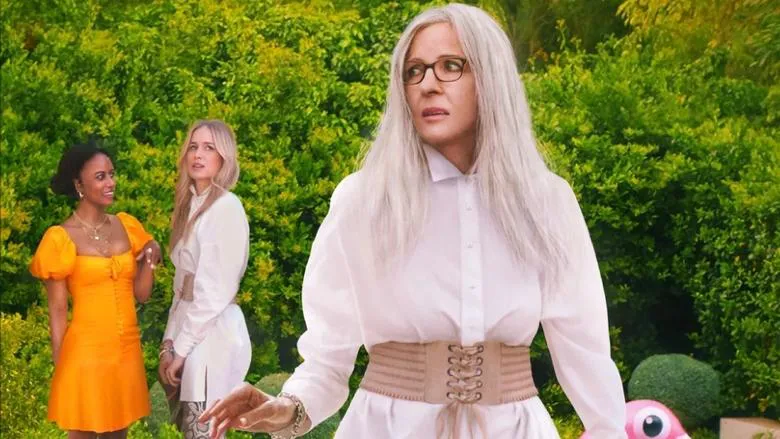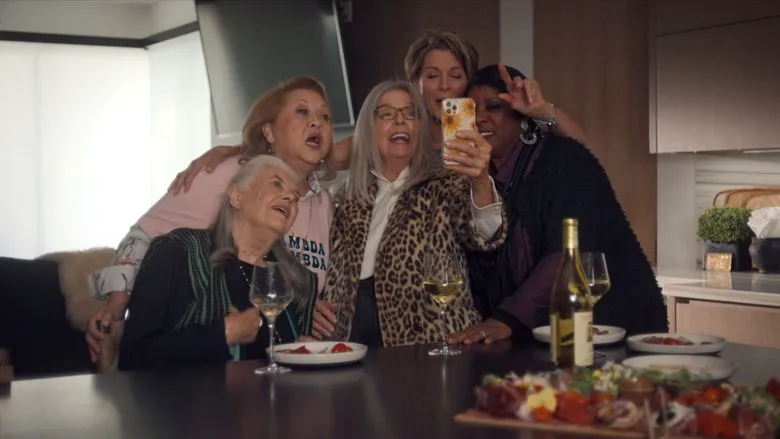“Dad’s Holiday”: A Cinematic Stretch Missing Its Mark
“Dad’s Holiday” attempts to transcend its origins as a hit variety show, striving for legitimate cinematic status. Indeed, it distinguishes itself from its immediate predecessor, the big-screen adaptation of “Where Are We Going, Dad?”, by genuinely featuring a conceived plot and structured characters. However, despite this admirable ambition, the film consistently struggles to shed the pervasive feeling that we are merely observing these celebrity families, rather than witnessing truly developed performances. The narrative frequently feels forced, rushed, and ultimately, somewhat disjointed, leaving a lingering impression of an extended variety show episode rather than a cohesive film. While it clears the low bar of simply “being a movie,” its success in artistic merit remains debatable.

A Misguided Korean Adventure
Unlike previous variety show spin-offs that literally just filmed the show’s format, “Dad’s Holiday” ventures into a more structured journey. It concocts a “Lost in Thailand”-esque adventure, sending the fathers off on a Korean escapade. Yet, this narrative choice, while providing a framework, fails to truly elevate the material beyond its variety show roots. The film’s core plot lacks genuine intrigue, with the dads often delivering exaggerated versions of their TV personalities rather than embodying distinct characters. A puzzling subplot sees the children conveniently packed off to summer camp, yet their isolated camp experiences are jarringly interspersed into the dads’ Korean misadventures. These attempts to evoke heartwarming moments feel disconnected and ultimately fall flat, failing to resonate emotionally or integrate cohesively into the main storyline.

Directorial Shortcomings
Wang Yuelun, while perhaps finding success in the realm of music video direction, appears ill-suited for the demands of feature filmmaking, particularly comedy. His previous works, from “Perfect Imperfection” to “Panda Man,” and now this self-helmed “Dad’s Holiday,” consistently demonstrate a struggle with narrative pacing, character development, and comedic timing. The plot’s overly whimsical nature, coupled with a heavy reliance on syrupy warm tones to manufacture emotional connections, feels a conscious effort to mimic reality TV rather than cinematic storytelling. Furthermore, the stylistic choice to apply music video techniques to a feature film format proves largely ineffective, often prioritizing aesthetics over substance and hindering narrative flow.

The Perils of Child Stardom and Reality TV
China undoubtedly boasts a wealth of incredibly talented child performers, a fact evident from popular talent shows like “Star Avenue” and “China’s Got Talent.” What these budding Shirley Temples often lack, however, are genuine cinematic opportunities. Conversely, reality shows like “Where Are We Going, Dad?”, originally praised for showcasing celebrity families and promoting positive values, have, regrettably, morphed into prolific star-making machines for celebrity offspring, designed to churn out quick, profitable film productions. Whether it’s the straightforward big-screen iteration of “Where Are We Going, Dad?” or this more ambitious “Dad’s Holiday,” and even Wang Shiling’s rather baffling cameo in “From Vegas to Macau II,” the performances from these children often come across as unconvincing. While their real-life cuteness might provide fleeting charm, it’s hardly a sustainable foundation for a career in acting. This film, at its heart, primarily leverages the antics and existing fame of the adult fathers on screen to essentially pave a pathway for their children’s celebrity status. Ironically, the only truly poignant and authentic moments in “Dad’s Holiday”—the only aspects that genuinely resonate—are the subtle, unscripted portrayals of the complex challenges inherent in fatherhood.

A Continual Blurring of Lines
The film leaves one pondering a fundamental question: Do the children shape the fathers, or do the fathers create the children? The lines, in this context, remain perpetually blurred. In this peculiar transition from a beloved variety show to a feature film, the dads remain unmistakably themselves, and the children, likewise, persist as the very same personalities viewers know from television. The film’s single, rather minimal saving grace, is its technical fulfillment of being a bona fide movie. Beyond that, its cinematic achievements are modest at best.